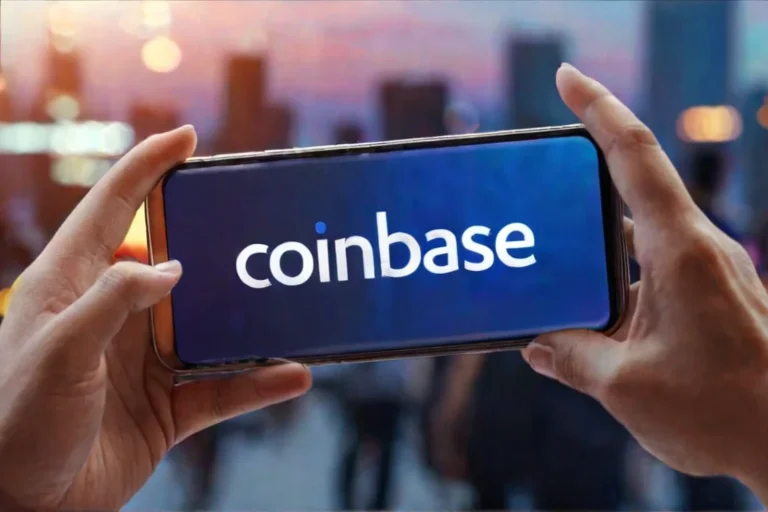In the most recent development, cryptocurrency exchange Coinbase filed a notice requesting an interlocutory appeal, citing Judge Jackson’s decision in the Binance BNB case. Judge Jackson ruled last week that Binance’s secondary market selling of BNB tokens was not considered securities. As a result, Coinbase has questioned how two separate judges may treat two exchanges differently based on regulatory laws.
Coinbase CLO questions district court judgments.
Coinbase Chief Legal Officer Paul Grewal pointed out a significant disparity in the legal treatment of cryptocurrency transactions in the United States. Grewal stated that two learned district judges considering “economically identical transactions” on the two largest US exchanges reached radically opposed judgments about whether the transactions constitute securities transactions.
He also criticized the SEC’s litigation-focused approach to cryptocurrency laws, claiming conflicting standards exist for market players across jurisdictions. “The result of the SEC’s litigation-focused approach to crypto regulation is that market participants now face different rules, not only in different courts in this District but in different federal courts around the country,” Grewal told me.
Grewal emphasized the universality of legal norms, stating that liability should not be determined by the court suing the exchange or the judge assigned to the case.
Liability shouldn’t depending on what what court you get sued in or what judge is assigned to your case. Earlier today we filed a notice in our enforcement case against @SECGov about Judge Jackson’s decision in the case against Binance. This decision squarely rejected the SEC’s… pic.twitter.com/j41nsvVzDq
— paulgrewal.eth (@iampaulgrewal) July 1, 2024
Some Background for the Notice
Earlier this year, in April 2024, Coinbase asked Judge Failla to halt the SEC litigation. The exchange filed an interlocutory appeal, arguing “substantial grounds for differences of opinion” on whether the Howey Test should apply to crypto transactions in secondary markets.
Coinbase cited Judge Torres’ judgment in the Ripple vs. SEC lawsuit, stating that XRP did not meet the Howey Test when exchanged in the secondary market. Coinbase noted that such conflicting opinions from different district courts make it difficult to determine the actual law.
In response to Coinbase’s request, the United States Securities and Exchange Commission stated that “no court has followed Ripple” when applying the Howey Test to secondary market transactions.
























